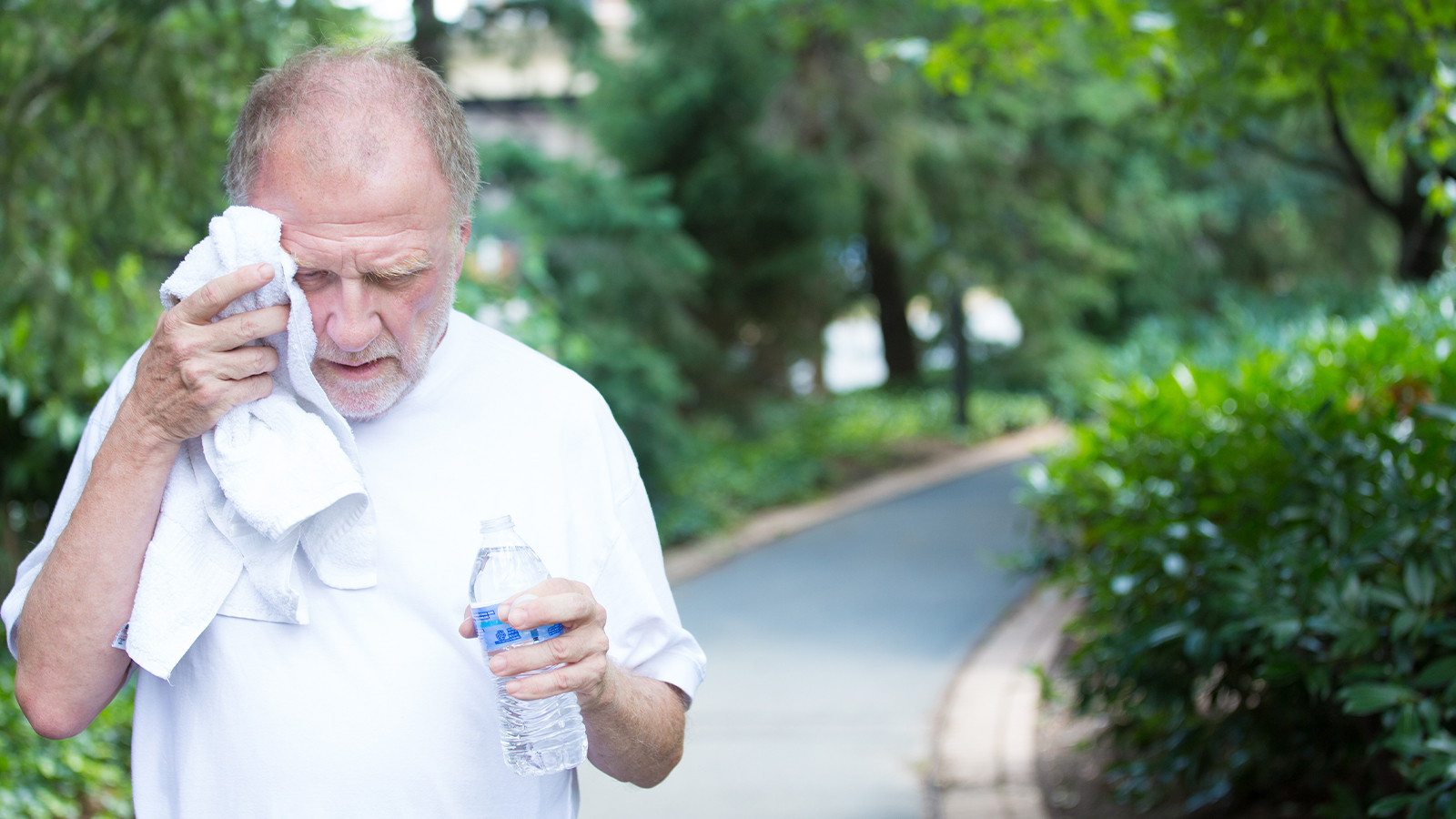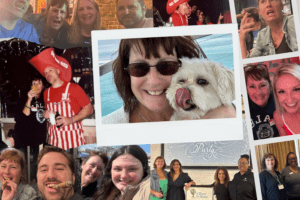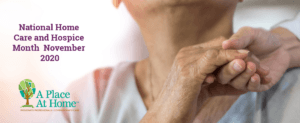
There’s a heatwave throughout most of the country right now. With temperatures in the upper 90’s and higher, it’s an excellent time to make sure you know the signs and symptoms of dehydration.
Most people have likely been educated on the benefits of drinking enough water. Our bodies require it to function. For most people, drinking at least eight glasses a day is an easy way to care for ourselves. However, not drinking enough water can lead to dehydration, which can be detrimental to one’s health. The very definition of “dehydration” is “a harmful reduction in the amount of water in the body”. For most of us, that means we may feel sluggish, have a headache, or feel a little ill.
For seniors, especially those with chronic illnesses, dehydration can be detrimental to their health and overall quality of life.
As we get older, our bodies carry a lesser volume of water at all times. This is a normal part of aging, and generally, getting enough fluids each day can mitigate the risk of dehydration. However, when aging adults become ill with even a minor infection such as a UTI, the risk of severe dehydration goes up. In addition, dehydration poses a significant threat in those diagnosed with chronic conditions, such as diabetes and dementia.
If dehydration isn’t recognized early enough for a senior, the situation can become severe quickly. It’s beneficial and necessary to be able to identify things that can indicate a senior isn’t getting enough fluid in their body:
- They may not urinate as frequently as they usually do
- When they do use the restroom, the color of their urine is darker than it should be
- They seem confused and disoriented
- They feel dizzy
- They’re more tired than usual
- They are excessively thirsty
If you see any of these symptoms in a senior you love, there’s a good chance they’re dehydrated. If they have difficulty staying awake, have had diarrhea for more than 24 hours, or can’t keep fluids down, it’s time to call a doctor.
Most of us are fortunate enough to take the ability to keep ourselves hydrated for granted.
However, for some seniors, their health conditions may constantly be working against them. As an example, they may be taking prescribed medications that can increase the risk of dehydration. In addition, some disease processes, like Alzheimer’s, can render someone incapable of recognizing that they need to drink water. Finally, for others, a disability may mean that they are physically unable to fetch their own drink.
In some cases, a person may be utterly dependent on the help of other to stay healthy and hydrated.
Whether you’re a professional caregiver or caring for someone you love, there are some excellent ways to ensure the person you’re caring for is getting enough water:
- Offer smaller amounts of water more often throughout the day – seniors can be hesitant to drink a lot at one time, depending on their physical and cognitive condition.
- Encourage fluid-hearty foods at meal and snack times. Soup with a meal, or watermelon as a snack, for example
- Water is the best, but an offer of tea, coffee, or natural fruit juice can encourage more fluid intake.
While the risk of dehydration is real for older adults, being aware of the things that signify that the person under your care isn’t getting enough water can help significantly increase the odds that you can address the situation before it becomes an emergency. Especially in those cases where the person isn’t able to take care of their needs themselves. If you or someone you know would benefit from having oversight so that they can stay healthy and independent, reach out to us to see locations near you. Our professional and compassionate caregivers are passionate about the care they provide, and we would be honored to help!






